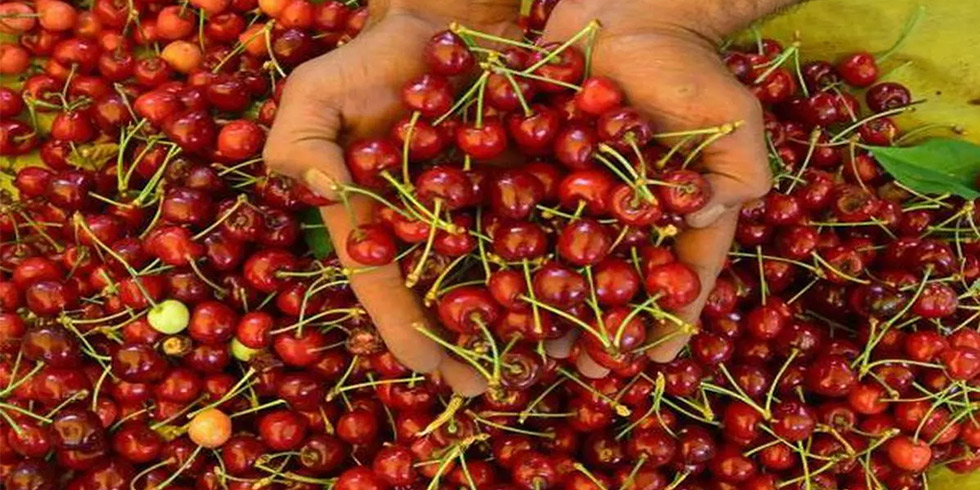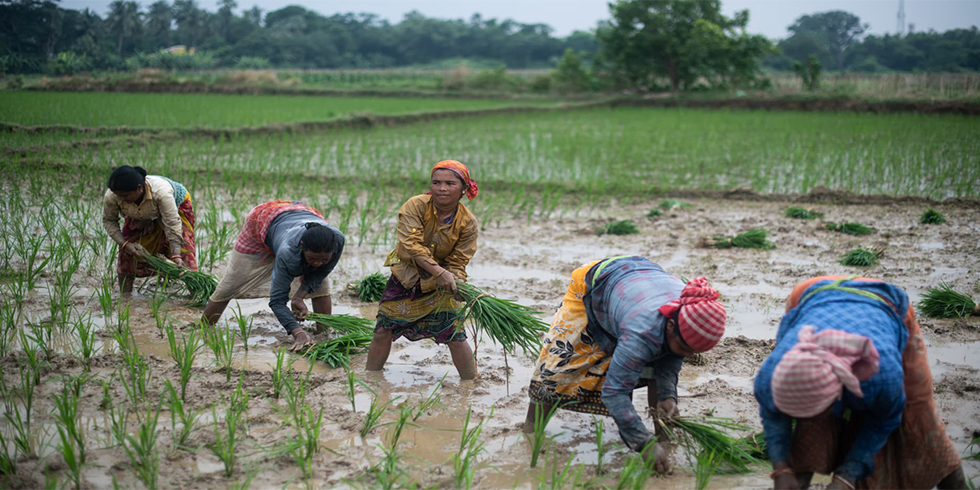Amidst acrimonious debate over the safety of genetically modified (GM) food crops, India’s top biotechnology regulator last week declared a transgenic mustard plant “safe for consumption.” Moving the plant into farmers’ fields is now a political decision in the hands of India’s environment minister, who may wait until the Supreme Court of India resolves several long-pending related cases.
The GM mustard has been under development for almost a decade. A report assessing the plant’s risks was released a year ago, drawing some 700 comments that were reviewed by the Ministry of Environment’s Genetic Engineering Appraisal Committee (GEAC). The report concluded the mustard was safe and nutritious, and GEAC chair Amita Prasad in New Delhi says the commission unanimously agreed on 11 May to recommend allowing farmers to plant the crop for the next 4 years. The final decision will be made by Environment Minister Anil Dave.
The GM mustard was developed with public funding by plant scientist Deepak Pental of the University of Delhi. His team introduced several genes from a soil bacterium, Bacillus amyloliquefaciens, into the mustard to facilitate hybridization. Mustard is largely a self-pollinating crop and creating high-yield hybrids has been cumbersome.
If approved, Dhara Mustard Hybrid-11 (DMH-11) will be the second GM plant—but the first food crop—to reach India’s farmers. In 2004 India allowed commercial cultivation of GM cotton and it now accounts for more than 90% of the nation’s harvest. In 2010, GM eggplant also cleared GEAC’s review, but then–Environment Minister Jairam Ramesh put an indefinite moratorium on its introduction citing safety concerns.
The New Delhi–based Coalition for a GM-free India is fighting the introduction of the transgenic mustard. The group blasted the GEAC’s decision, claiming in a letter to Dave that the committee “has shown itself to be anti-science, anti-farmers, anti-environment and anti-consumers.”
Sources indicate that the minister may delay a decision until India’s Supreme Court rules in cases, pending since 2005, that question the safety of GM crops. The court has set no date for issuing a decision.








Add Comment